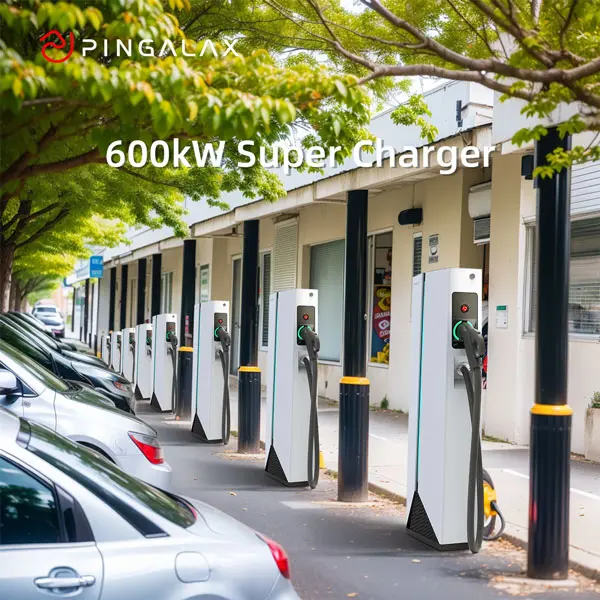Industry newsMay 20,2025By:
# **EV Car Charging Stations: A Step Toward Energy Independence**
The shift toward electric vehicles (EVs) is not just about reducing emissions—it’s also a crucial step toward achieving energy independence. By transitioning from fossil fuel-dependent transportation to electricity-powered mobility, nations can reduce their reliance on imported oil and strengthen their energy security. EV charging stations play a pivotal role in this transition, enabling a cleaner, more self-sufficient energy future.
### **Reducing Dependence on Foreign Oil**
Many countries spend billions importing oil, leaving their economies vulnerable to global price fluctuations and geopolitical tensions. Widespread EV adoption, supported by robust charging infrastructure, reduces gasoline demand, cutting oil imports and keeping energy spending within domestic markets. The more drivers switch to EVs, the less nations depend on unstable foreign energy supplies.
### **Integrating Renewable Energy**
EV charging stations can be powered by solar, wind, or other renewable sources, further decreasing reliance on fossil fuels. Smart charging systems can even optimize energy use by drawing power when renewable generation is high (e.g., midday solar peaks) and reducing demand during grid strain. Over time, as renewable energy capacity grows, EVs and their charging networks will help create a fully sustainable transportation ecosystem.
### **Strengthening Grid Resilience with V2G Technology**
Vehicle-to-grid (V2G) technology allows EVs to store excess renewable energy and feed it back into the grid during peak demand. This turns EV batteries into decentralized energy reserves, improving grid stability and reducing the need for fossil-fueled power plants. With smart charging stations supporting bidirectional energy flow, EVs become active participants in a more resilient and independent energy system.
### **Boosting Local Economies**
Investing in EV charging infrastructure creates jobs in manufacturing, installation, and maintenance while keeping energy spending local. Unlike oil, which is often controlled by a few global players, electricity can be generated domestically from diverse sources—wind farms, solar parks, and hydropower—keeping energy revenues within communities.
### **Conclusion**
EV charging stations are more than just a convenience for drivers—they are a cornerstone of energy independence. By reducing oil dependence, integrating renewables, and enhancing grid resilience, they help nations take control of their energy future. As charging networks expand, they will accelerate the transition to a self-sufficient, sustainable transportation system, freeing economies from the volatility of fossil fuels.

Check out Pingalax!